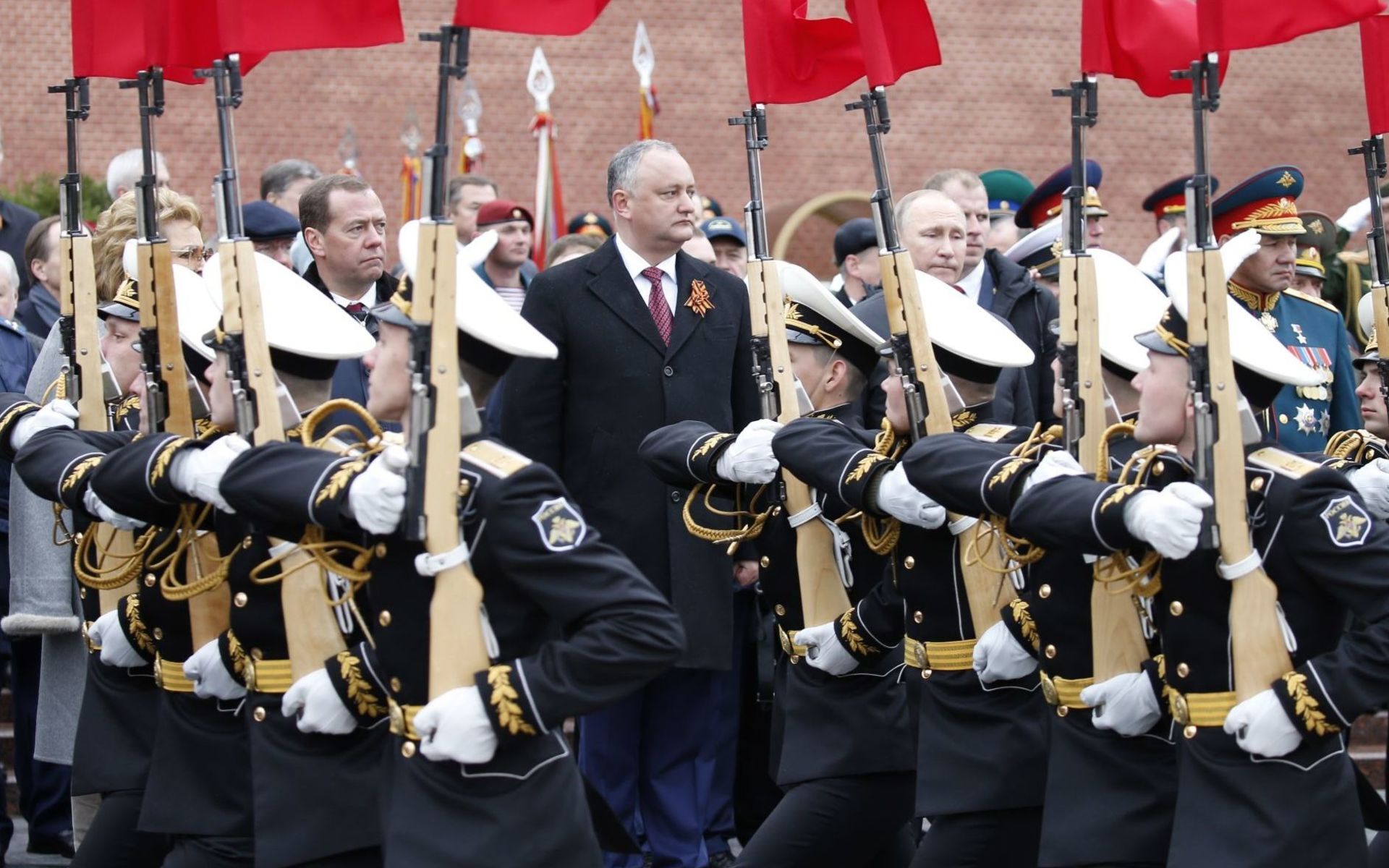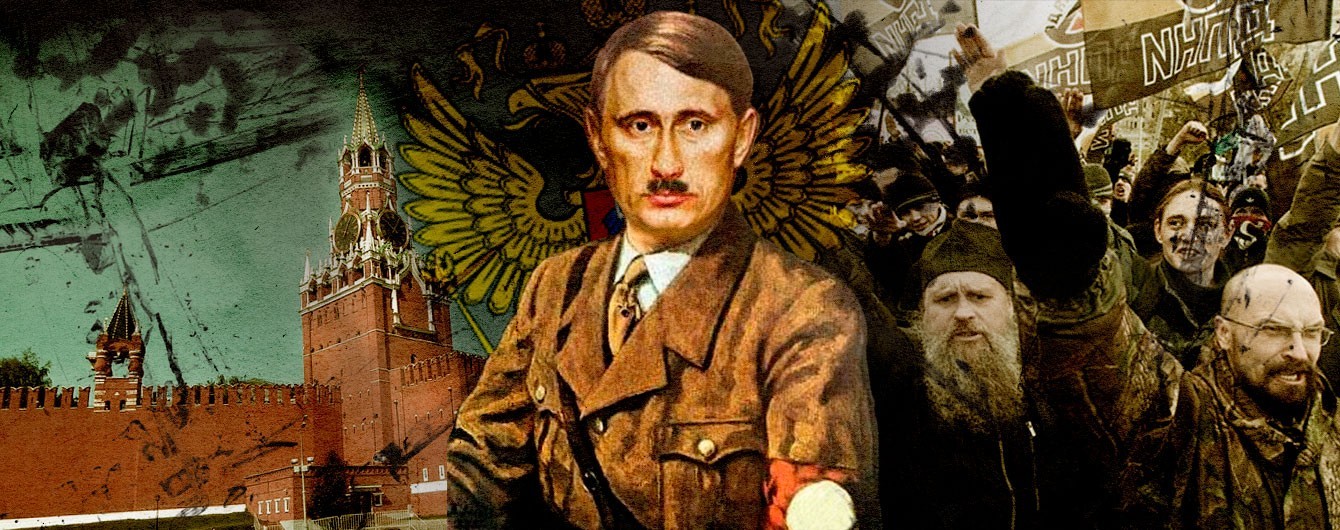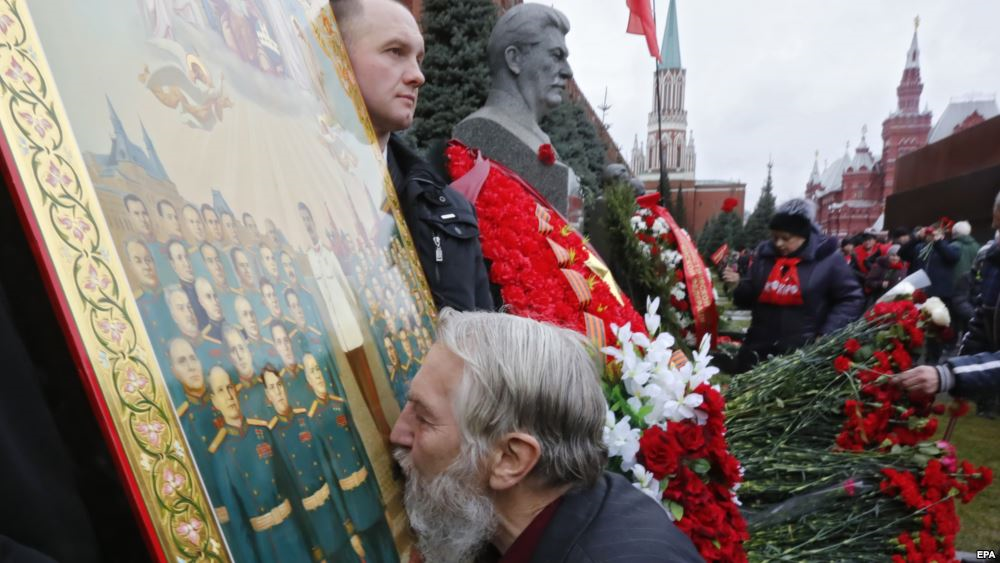Many in the West have speculated that Vladimir Putin might exploit the social, linguistic and ethnic problems in eastern Latvia as part of a “hybrid” invasion of that NATO country. But both the history of Latgale and its current aspirations show that Latgals see their future not in Russia but very much as part of the Republic of Latvia.
Moreover, and despite many articles in the Moscow and Western media asserting the contrary (e.g., nytimes.com), Russian speakers in Latgale overwhelmingly also see themselves as part of Latvia rather than as candidates for annexation by Moscow.
This month marks the centennial of the First Latgale Congress which took the lead in uniting with other regions of what was to become the Republic of Latvia, an event that continues to echo to this day.
At a meeting commemorating that 1917 event, Latvian President Raimonds Vējonis stressed that “the celebration of Latvia’s centennial” quite naturally “is beginning in Latgale.” That is where “it was decided that we are a single people and that our future could only be one in common,” the Latvian leader said.
His words were echoed by Latvia’s prime minister and parliamentary speaker.
That does not mean that Latgale doesn’t have problems or that Moscow may not try to exploit them, but it does provide both an important corrective to much that has been written about how easy it might be to win out in that region adjoining the Russian border even as it calls attention to certain unique features and difficulties of Latgale that Riga must address.
Approximately 100,000 residents of Latgale speak Latgal, a tongue they view as a distinct language but that many in Riga see only as a dialect of Latvian, even though Latvian laws define their language as one of the national languages. Moreover, many Latgals are Roman Catholics, unlike most Latvians who are Lutherans.
In earlier decades, the Latgals and their language received relatively little attention as a distinct region and group: there were some limited Western broadcasts in Latgal up to the early 1980s, and Riga officials both before and after 1991 have paid at least lip service to helping the region with its problems.
At the Rezekne meeting devoted to the centennial of the 1917 Latgale congress at which President Vējonis spoke, Latgale activists adopted a resolution which Oksana Antonenko of the BBC’s Russian Service suggests “had the effect of an exploding bomb.”
In this document, she reports, “the Latgals demanded not only that Latgal be given official status but that it be used officially.” Inga Shuplinska, one of the activists behind the resolution, argues that such demands are “perfectly logical” given that Latgale is regarded as “the historical form of Latvian” and the government has guaranteed its survival.
As a result, she continues, “the Latgals are not demanding anything more than that which is written in the law but for some reason simply not observed.” And their demands for linguistic and cultural recognition as a people are in no way directed against the unity of the Latvian state whatever anyone thinks.
Many have jumped to the conclusion that such efforts are part of a Moscow-orchestrated effort to weaken Riga’s position in Latgale. But Shuplinska says that she has held these views for many years, that she is a patriotic Latvian, and that given suggestions to the contrary, she has stopped speaking Russian and uses only Latgal and Latvian now.
Related:
- Why Latgale unlikely to trigger World War III
- A Russian propaganda site incites breaking up Baltic countries
- Latvian MP: Moscow using Russian organizations to destabilize Latvia
- Ukrainian crisis and fear in the Baltics
- Riga journalist: Moscow has already begun hybrid war against Latvia
- You are running out of time, Europe





